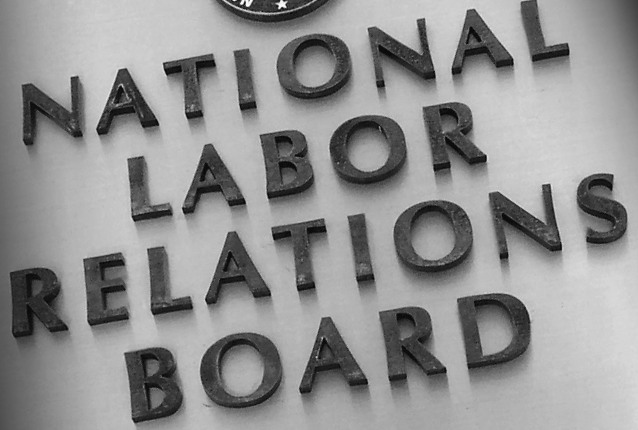The NLRB’s new general counsel has issued a memo calling for broad changes to how the NLRB interprets the law. Here it is…
With the pro-union PRO Act still in legislative limbo, on Thursday, Jennifer Abruzzo, a former union attorney and the National Labor Relations Board’s new General Counsel, issued a 10-page memo to all of the NLRB’s regional directors, officers in charge and resident officers calling for cases to rule upon in order to effectively rewrite NLRB interpretations of the law.
Although the NLRB, depending upon the party in the White House, often shifts its interpretations to be either more pro-union, or less pro-union, the breadth and scope of Abruzzo’s memo signals a significant shift in how the agency administers and enforces the law.
In her 10-page memo (read below, or here), Abruzzo states, “[s]ubmissions of these topics to Advice will allow the Regional Advice Branch to reexamine these areas and counsel the General Counsel’s office on whether change is necessary to fulfill the Act’s mission.”
Her call for cases include a variety of topics, including (but not limited to):
- Employer handbook rules
- Confidentiality provisions/Separation agreements and instructions
- What constitutes protected concerted activity
- Union access to employer property
- Employee (vs. independent contractor) status
- Applying Weingarten rules to non-union workplaces
- Whether NLRB jurisdiction over religious educational institutions should be applied
- Employer duty to recognize and/or bargain
In this last area, it appears that the NLRB’s general counsel is seeking a way to bypass secret-ballot elections and insert a form of card-check recognition:
“Cases in which an employer refuses to recognize and bargain with a union where the union presents evidence of a card majority, but where the employer is unable to establish a good faith doubt as to majority status; specifically, where the employer refusing to recognize has either engaged in unfair labor practices or where the employer is unable to explain its reason for doubting majority status in rejecting the union’s demand. See Joy Silk Mills, Inc., 85 NLRB 1263 (1949).”
If the NLRB begins moving in the direction as described above, it would essentially impose card-check recognition on employers nationwide, unless an employer could “explain its reason for doubting majority status in rejecting the union’s demand” to recognize the union without a secret-ballot election.





